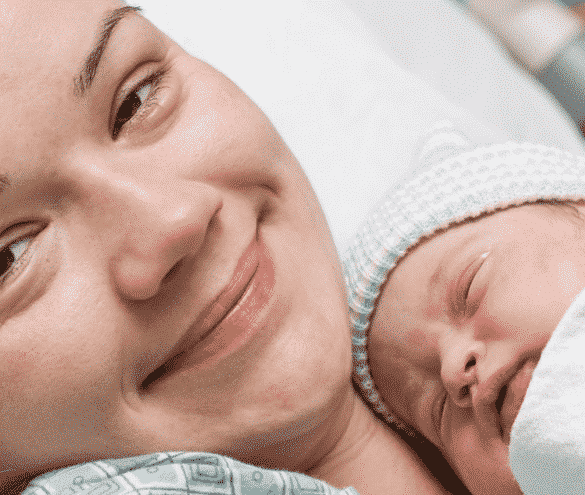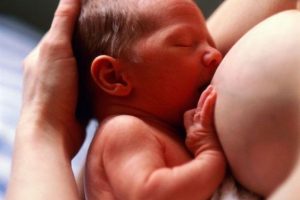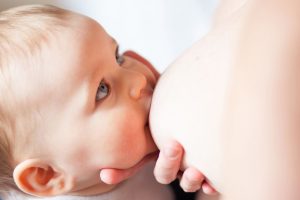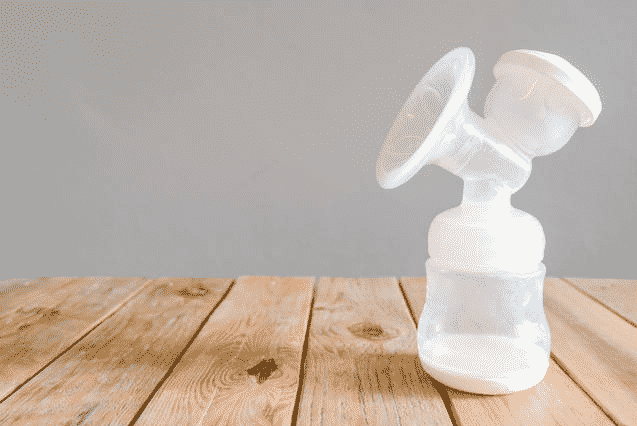You’re pregnant. You’re about to have a baby. But what happens after birth?
In the books and movies, they conveniently leave out the not-so-great parts of what happens to you once your baby is born. They tend to focus only on the amazement of the new baby, the smiles, the joy, the gratitude. This is all good, of course, but that’s not all that happens.
Alas, there are a few unpleasant things that come after the delivery. You may be lucky and experience only a few. You may be normal and experience them all.
Contents
Secrets No One Tells You About After Birth & Delivery
-
Your Belly Will Be Big And Saggy
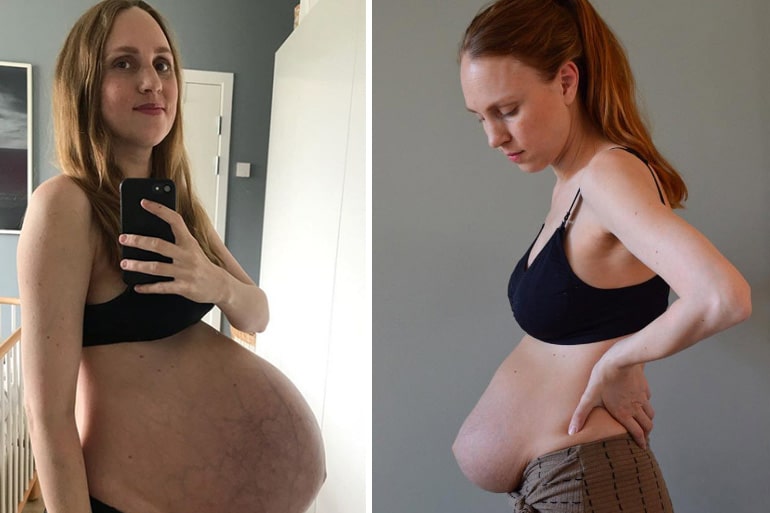
Once your baby is born, you don’t automatically go back to the way you looked pre-pregnancy. Your belly will be flabby. It will look as if you’re back in your second trimester. You’re going to have to wear your maternity clothes for a little while longer.
But this is not all doom and gloom. That belly will go away. Once your doctor clears you for exercise, you should be able to slowly get rid of it.
If you are planning to breastfeed, one benefit is that breastfeeding helps tighten this loose skin.
-
You’re Going To Have A Really Heavy Period
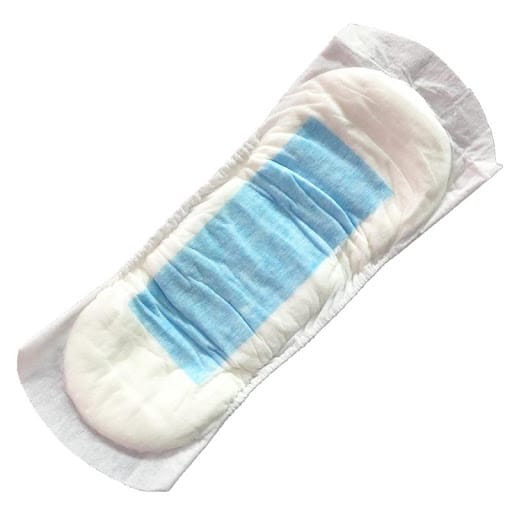 It’s called postpartum bleeding, and it happens whether you have a c-section or natural birth. This heavy period can last as little as 2-3 weeks or as long as six weeks after birth. This is your body’s way of shedding the lining of the uterus and any excess blood.
It’s called postpartum bleeding, and it happens whether you have a c-section or natural birth. This heavy period can last as little as 2-3 weeks or as long as six weeks after birth. This is your body’s way of shedding the lining of the uterus and any excess blood.
There will be clots too. If you notice any large clots (bigger than a quarter), contact your doctor. You may be at risk of postpartum hemorrhage.
But wait… it gets worse. Instead of regular pads, you’ll have to wear big, thick maternity pads![]() that will feel just awful and uncomfortable. You’ll feel like you’re wearing a diaper! As unpleasant as they are, the maternity pads are very effective.
that will feel just awful and uncomfortable. You’ll feel like you’re wearing a diaper! As unpleasant as they are, the maternity pads are very effective.
-
You Still Get Contractions Shortly After Birth
That’s true. Contractions during labor and more thereafter. They last for about two to three days after birth.
They are also known as “after pains.” They signal the start of involution, which is the process of the uterus contracting to return back to its pre-pregnancy size and shape. Over the counter pain killers like Ibuprofen ![]() and Acetomenophin
and Acetomenophin ![]() are usually effective in treating them.
are usually effective in treating them.
-
Your Female Parts Will Be Swollen And Bruised
After natural childbirth, your vagina will be a very ouchy – to put it mildly. Whether you’ve had stitches or not, it will be painful just to pee. It’s going to take some time and care to get it back to health, which is why you will need a little postpartum care kit in your toilet. Amongst others, it should include a pain-relieving spray![]() , a peri bottle
, a peri bottle![]() (to help you clean yourself, etc.)
(to help you clean yourself, etc.)
Ice packs and homemade padsicles are also very effective.
As much as possible, try to lay down on your side, instead of sitting up. Lying on your side instead of your back will relieve the pressure. If you need to sit, sit on soft, cushioned chairs instead of hard chairs.
If you had stitches, you will need to take care of them.
-
You Might Cry A Lot, For No Reason
 It can be embarrassing, crying your eyes out in front of the nurses at the hospital. And it can feel just insane to be making your bed once you’re home, and balling your eyes out… again for no reason. It’s called the baby blues, and it happens to most of us. That’s because the levels of pregnancy hormones drop rapidly two to ten days after giving birth. These big hormonal and life changes can make us very emotional.
It can be embarrassing, crying your eyes out in front of the nurses at the hospital. And it can feel just insane to be making your bed once you’re home, and balling your eyes out… again for no reason. It’s called the baby blues, and it happens to most of us. That’s because the levels of pregnancy hormones drop rapidly two to ten days after giving birth. These big hormonal and life changes can make us very emotional.
So crying a lot and feeling overwhelmed in the days after giving birth is normal. However, if you’ve been feeling despondent and unable to cope for more than 10 days after giving birth, you should get checked out for postpartum depression.
-
Breastfeeding Might Be Difficult And Painful
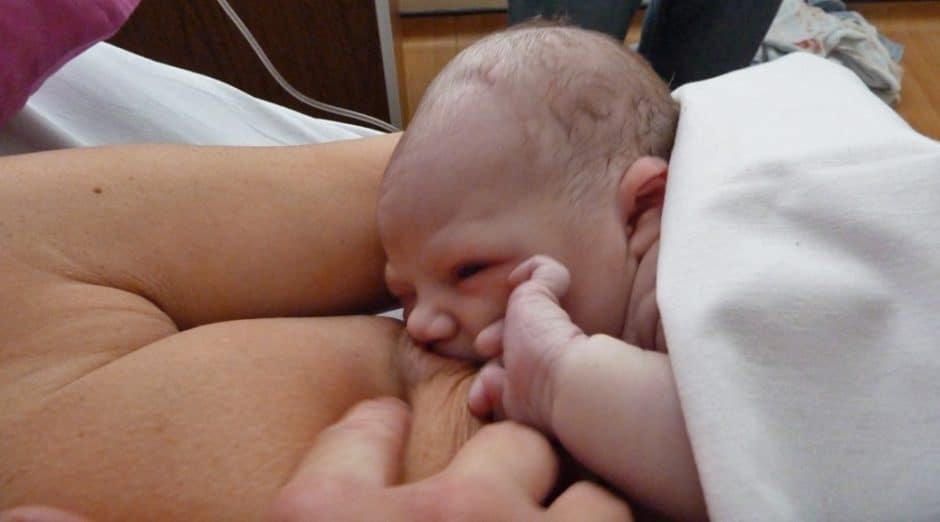
You may have envisioned this peaceful image of you breastfeeding your baby. If you are lucky, your baby will latch immediately. That doesn’t always happen.
But don’t feel despondent if your baby doesn’t latch immediately. Sometimes it just takes a few tries. Don’t give up – breastfeeding is very satisfying.
For the first few days, you will produce colostrum. Colostrum is an incredibly nutrient-dense substance that’s thicker than milk, and yellow in color. It’s packed with essential antibodies and immunoglobulins to give your baby the nutrition he/ she needs straight after birth. Colostrum protects against bacteria and viruses, and also has a mild laxative effect, helping your baby pass their first stools.
Colostrum is obviously very good for your baby, so try your best with breastfeeding.
-
Your Breasts Will Get Big As The Milk Comes In
Your breasts may have gotten bigger during your pregnancy, but it will get even bigger. After birth, your breasts will start producing milk to feed your baby.
If you generally wear form-fitting clothes, they may not fit over your breasts.
-
You May Experience Painful Breast Engorgement
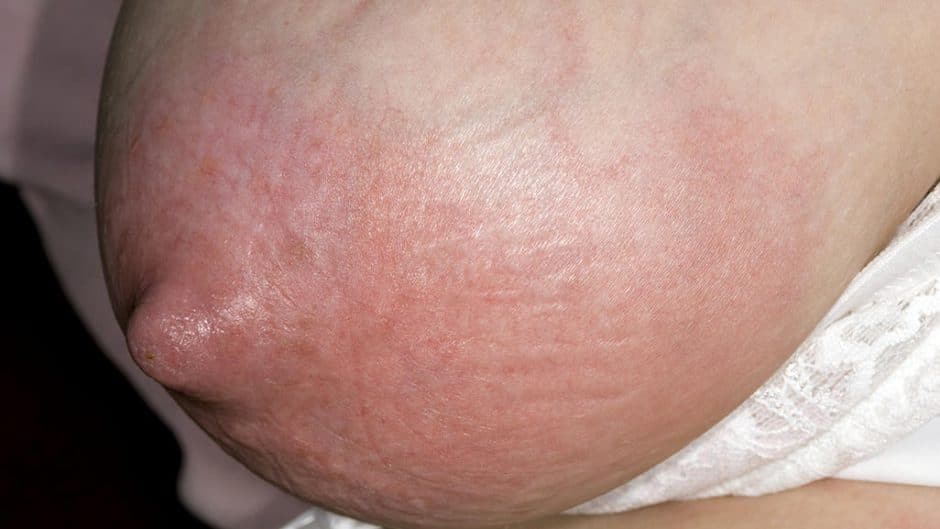 Breast engorgement happens when your body produced so much milk, your breasts get really full and hard and painful. The best solution to engorgement is to feed your baby on demand.
Breast engorgement happens when your body produced so much milk, your breasts get really full and hard and painful. The best solution to engorgement is to feed your baby on demand.
-
Your Breasts Are Likely To Leak
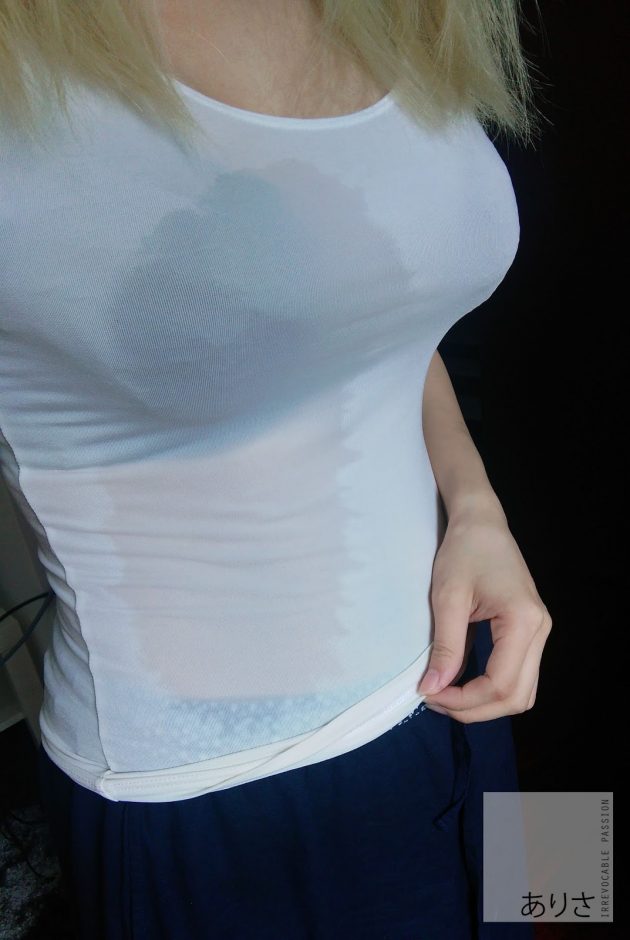
It can be very embarrassing to walk into a public place with a dry blouse, then walk out with a wet blouse. But this can happen! This is why it’s a great idea to invest in breast pads![]() .
.
-
Pooping May Be Painful
The nurses will likely recommend that you take a stool softener,![]() regardless of whether you are normally regular or not. That’s because you do not want to strain yourself down there, and a stool softener will make things easier.
regardless of whether you are normally regular or not. That’s because you do not want to strain yourself down there, and a stool softener will make things easier.
-
You Might Lose Some Hair
 It’s called postpartum hair loss, (and it sucks!) When we are pregnant, our hair growth cycles change and we tend to grow more hair. After pregnancy, however, our hair growth cycle goes back to normal. Most women will return to their usual hair growth cycle between 6 and 12 months after birth.
It’s called postpartum hair loss, (and it sucks!) When we are pregnant, our hair growth cycles change and we tend to grow more hair. After pregnancy, however, our hair growth cycle goes back to normal. Most women will return to their usual hair growth cycle between 6 and 12 months after birth.
-
You Might Lose Weight
You are likely to lose weight during the first week. If you are breastfeeding, weight loss will be accelerated. Breastfeeding burns 300-500 extra calories a day.
Of course, you will be eating more to produce all that milk, but you should nonetheless lose weight as a result of breastfeeding.
While all these things are hard to endure, no one talks about it because they pass. Also, you will have other, more important things on your mind – taking care of your baby. You will also be so sleep deprived, won’t have time to fuss over hair loss or a saggy tummy. And before you know it, things will be normal – kind of.
Happy Motherhood!
